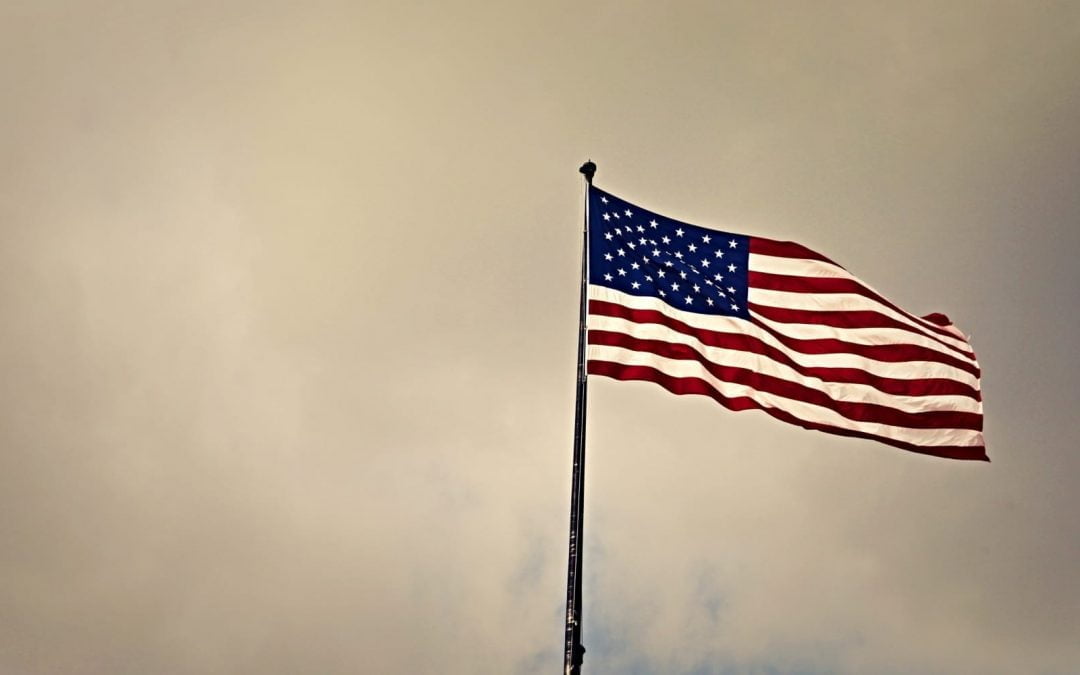Saying you’re from some place means more than just you were born there. It indicates heritage, culture and roots.
I was born in Alabama, but only lived there for seven years, and none of my family is from there.
I sometimes tell people I was born in Alabama to Mississippi parents to give them a sense of my heritage, culture and roots.
Mississippi is definitely in me, more so than Alabama. But I’ve never lived in Mississippi, so I can’t really say I’m from there.
Here’s where I’ve lived: Alabama for seven years, Texas for four, Kentucky for seven, Georgia for seven. And Maryland for 34 years.
So, it’s most accurate to say that I’m from Maryland. This is where all my close family lives – parents, kids and one brother.
The other brother is in Florida, but he’s only been down there for two years; all but the first six years of his life have been in Maryland.
I like living in Maryland. Of all the states I’ve lived in, I like Maryland the best. I don’t like the winters, but it’s not like I live in Syracuse or Minneapolis.
I like the diversity. I like that people from all over the country live here, so I have friends here who are from Pennsylvania, New York, Connecticut and Texas.
I like that I can be in either the south or the north in 30 minutes either direction, the mountains of Appalachia in a blink or the beach in three hours.
There’s farmland all around me, yet I live within an hour of two major U.S. cities.
So, here’s the thing: Just because I like Maryland more than all the other states doesn’t make Maryland or its people better than all the states and their people.
I don’t have to talk about Maryland exceptionalism and act like God created Maryland and Marylanders as his most favored. I can like Maryland without dissing all the other states.
Being loyal to Maryland doesn’t mean I can’t recognize the worth and value of every state in the union or the people there.
It doesn’t even mean I have to put what is best for Maryland above what is good for other states.
We don’t live in a zero-sum competition between the states where when one state wins, the rest lose.
I can put the needs of people in others states above my own state and even above my own self-interest.
That is what it means to put country above self because in the end we are one nation comprising 50 states, not 50 individual states who have agreed to a game of King of the Hill.
This distinction, on a national level, is the difference between patriotism and nationalism.
Patriotism means I am devoted to the United States in the same way I’m devoted to Maryland.
I like living here, I like the people, I like the freedoms, I like the customs, culture and heritage. It’s a great place to live and raise a family and have a life.
I want the country to do well and flourish, but I’m also willing to put the needs of other people living in other countries above the interests of my own because that is what it means to put humanity above self. I learned that from Jesus.
Nationalism means putting country above humanity. Nationalism pits nation against nation and people against people.
Nationalism means if you aren’t King of the Hill, you need to knock everyone above you down while fighting off everyone below you.
And if you’re strong enough to become king, you need to get even stronger because everyone – even your friends – is coming for you.
Nationalism means that when your country does wrong, it’s treasonous to point it out, apologize, protest or try to fix it.
I wrote previously that Jesus opposed every facet of the Maccabean movement, which was a Jewish nationalist movement.
But I don’t think Jesus has a problem with patriotism as I’ve described it.
He has a problem with nationalism, yes, but not patriotism, and we shouldn’t let anyone define one as the other.
Editor’s note: A version of this column first appeared on Eubanks’ website and is used with permission.


